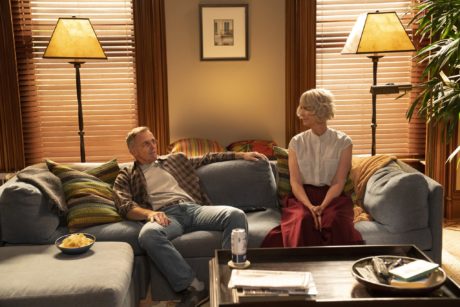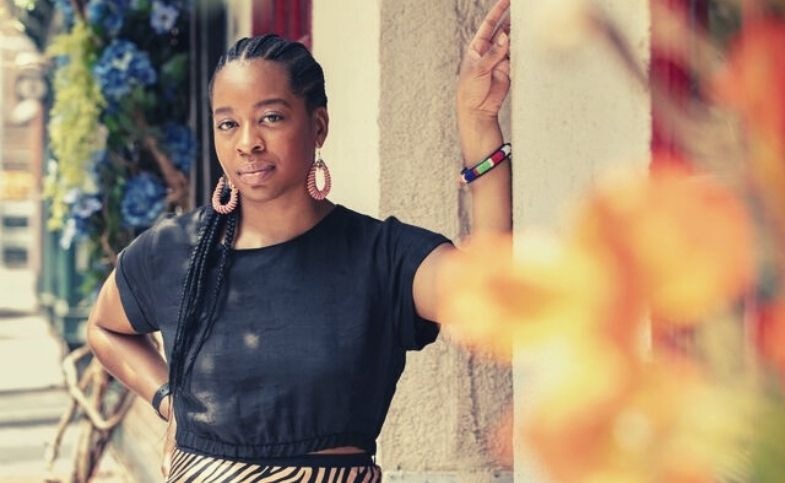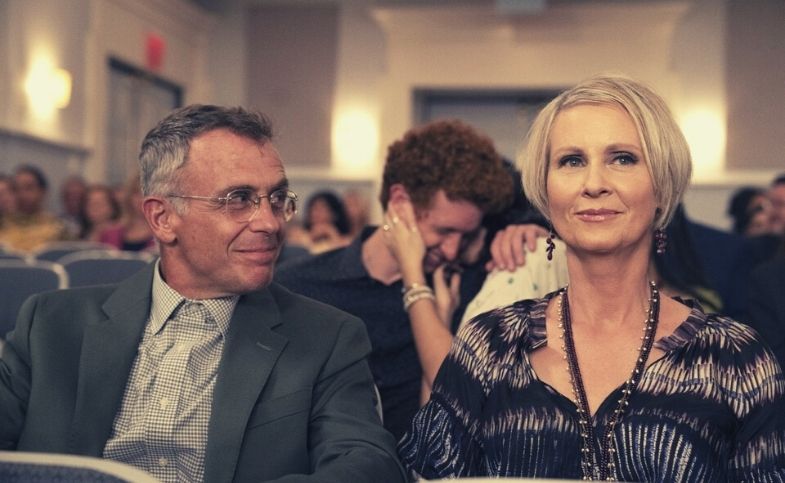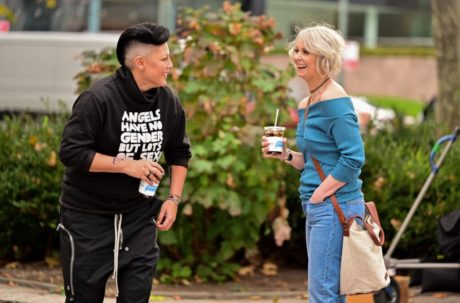Has Like That, the highly anticipated HBO series, just ended, and one question remained constant throughout What’s up with Miranda?
Miranda Hobbes (Cynthia Nixon) from Sex and the City was recognized as clever, determined, and practical. Her intelligence, combined with her cynicism about love, often found her incapable of refraining from passing judgment on her friends’ romantic decisions.
Do you recall Carrie’s desire to flee to Paris with Petrovski? Miranda would not back down from a line of questioning that resembled that of a lawyer. “What are you going to do if you lose your job? Do you like croissants? “Carrie, of course, went nonetheless after she said something that sparked an enormous battle.
In And Just Like That, Miranda is a 50-year-old woman. She’s gray-haired, behind the times (on race, sex, school, and drugs, among other things), and the one, her friends, are discreetly criticizing. (If you haven’t seen the HBO Max series, you should do so before continuing.)
She’s in a sexless marriage, overworked, and no longer loves her husband, Steve (arguably the most likable man the show has ever seen, though also newly hapless in the reboot). Miranda is a heavy drinker, and a “dessert ritual” on the sofa is the climax of her and Steve’s relationship.
Steve is perfectly content to spend the rest of their days there, but Miranda is bored out of her wits and yearns for more. Her discontent with the humdrum chores of parenthood, as well as a marriage devoid of excitement, love, or even maintenance sex, can’t be overlooked.
Fans of “the old Miranda” may find this depressing or even unbelievable, believing it to be a continuity error or poor writing. Still, the boredom, mental strain, and loss of self are genuine. It’s all part of the reason why, according to a review of the evidence, women file for divorce at far higher rates than males.
Miranda’s deep unhappiness with her life — that’s a story, so many of us have lived — isn’t what viewers have been most vocal about; it’s how she handles it.
Miranda’s new persona is anything but realistic, and she doesn’t care. She falls madly in love with Che, a non-binary comedian. The bored, miserable mother feels alive for the first time in years. She’s out late, smoking pot, having what appears to be her first orgasm in decades, and re-awakening a long-dormant hope that she won’t be trapped in a life where happiness can only be found at the bottom of a pint of Ben & Jerry’s.

This begins an affair where she appears to be thinking just of herself for the first time in her life. While Carrie is recovering from major surgery, she had sex with Che in Carrie’s kitchen. In the last episode, Miranda makes the difficult decision to leave her New York life (including Steve and their adolescent son, Brady) behind and accompany Che to Hollywood, where they have been invited to film a pilot.
That decision, as well as everything that led up to it, demonstrates how far Miranda’s cynicism has progressed. To say the least, Miranda aficionados (and Steve!) have been taken aback.
There’s a lot to criticize about Miranda’s new choices – having passionate, adulterous sex while your newly widowed friend wets her bed and waits for your assistance to the bathroom isn’t ideal. It is possible to start a split that is painful for everyone concerned, including the children.
There is such a thing as peaceful co-parenting and coming out later in life without having done something promiscuous or rude initially. However, there has been a pushback against this joy-seeking. Miranda’s antics have been so rapid and furious that they have drowned out the critical debates we should be having about her narrative.
Those are discussions about how difficult it is to be a woman who dares to pursue happiness later in life. Those are discussions on what it means to welcome a significant and life-changing sexual awakening as an older woman and a mother, two identities that typically shape the rest of women’s lives.













